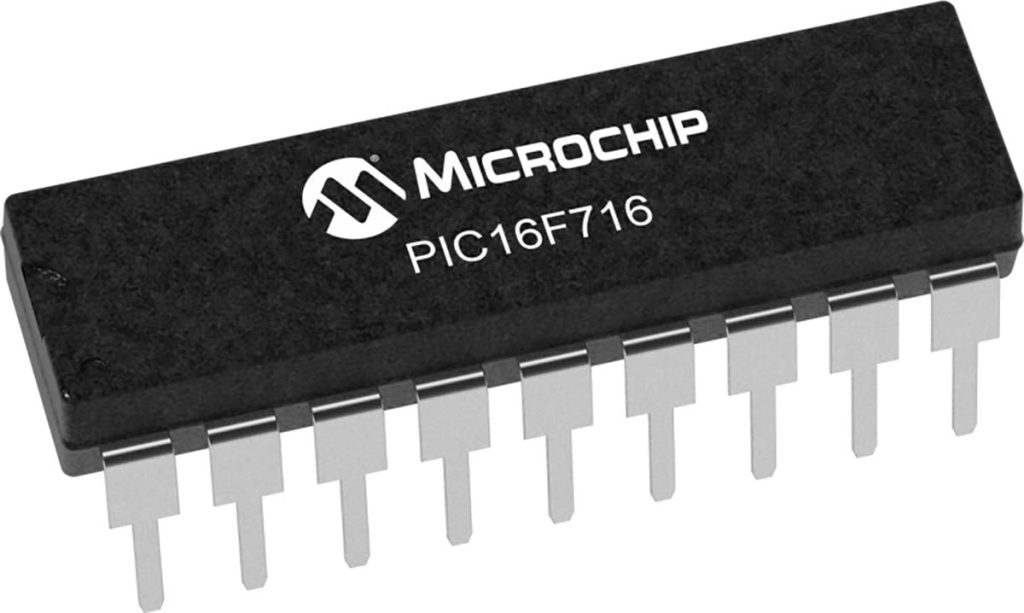In today’s technology-driven world, microcontrollers play a critical role in making electronic devices smarter and more efficient. From your home appliances to industrial automation systems, these tiny computing units are embedded in countless applications. But what exactly is a microcontroller, and why is it so important? Let’s dive into a comprehensive understanding of microcontrollers, their functions, types, and applications.
What is a Microcontroller?
A microcontroller, often abbreviated as MCU (Microcontroller Unit), is a compact integrated circuit designed to govern a specific operation in an embedded system. It typically consists of a processor (CPU), memory (RAM and ROM), and input/output (I/O) peripherals, all integrated on a single chip.
Unlike general-purpose computers, which are designed to perform a wide variety of tasks, microcontrollers are optimized for control-oriented applications. They execute specific programs repeatedly, making them ideal for systems that require consistent, real-time responses.
How Does a Microcontroller Work?
At its core, a microcontroller reads data from the environment through sensors or user inputs, processes that data using its CPU, and responds by triggering actuators or displaying information through output devices. This process happens in milliseconds, allowing microcontrollers to perform tasks with speed and precision.
For example, in a digital thermometer, a microcontroller reads temperature from a sensor, processes the value, and displays it on a screen. This simple, continuous loop of reading, processing, and responding is what makes microcontrollers powerful and efficient.
Types of Microcontrollers
There are several types of microcontrollers available, each tailored to different kinds of applications:
- 8-bit Microcontrollers: These are suitable for simple tasks like controlling LEDs or reading basic sensor data. Common examples include the Atmel ATmega series and PIC microcontrollers.
- 16-bit Microcontrollers: Offer more processing power and are used in moderately complex systems like motor controls or industrial instruments.
- 32-bit Microcontrollers: These are more powerful and capable of handling complex operations and multitasking. Popular examples include ARM Cortex-M series and ESP32 chips.
Choosing the right microcontroller depends on the application’s complexity, power requirements, and cost constraints.
Applications of Microcontrollers
Microcontrollers are everywhere. Here are some common areas where they are used:
- Consumer Electronics: Washing machines, microwave ovens, and remote controls use microcontrollers to perform timed operations and user interactions.
- Automotive: Modern cars use dozens of microcontrollers for engine control, airbag systems, ABS, infotainment, and more.
- Industrial Automation: In manufacturing plants, microcontrollers control robotic arms, sensors, and machinery to increase precision and efficiency.
- Medical Devices: Devices like glucose meters, heart rate monitors, and digital thermometers rely on microcontrollers for accurate readings.
- IoT (Internet of Things): Microcontrollers power smart devices like thermostats, smart lights, and wearable technology.
Advantages of Using Microcontrollers
Microcontrollers offer several advantages, making them ideal for embedded systems:
- Cost-Effective: They are inexpensive and reduce the need for multiple components in a system.
- Compact Size: Their small footprint allows them to be embedded in virtually any device.
- Energy Efficient: Designed to consume very low power, which is ideal for battery-powered applications.
- Real-Time Operation: They provide quick response times crucial for time-sensitive tasks.
Microcontroller Programming
Programming a microcontroller involves writing code in languages such as C, C++, or Assembly, and uploading it to the chip using development tools. Many popular microcontroller families, like Arduino, offer beginner-friendly platforms with extensive libraries and community support, making it easier for hobbyists and professionals alike to create innovative projects.
Future of Microcontrollers
As the demand for automation and smart technology grows, so does the importance of microcontrollers. With advancements in AI and machine learning, future microcontrollers are expected to support more complex decision-making capabilities, enabling even smarter and more efficient devices.
Moreover, the integration of wireless communication modules like Bluetooth, Wi-Fi, and LoRa into microcontrollers is expanding their role in IoT applications, smart cities, and wearable tech.
Conclusion
Microcontrollers are truly the unsung heroes behind modern electronics. Their ability to control devices efficiently, respond in real-time, and operate with low power consumption makes them a cornerstone of today’s digital age. Whether you are an electronics enthusiast, a student, or a professional developer, understanding microcontrollers is essential to designing intelligent, automated solutions that make life easier and smarter.

